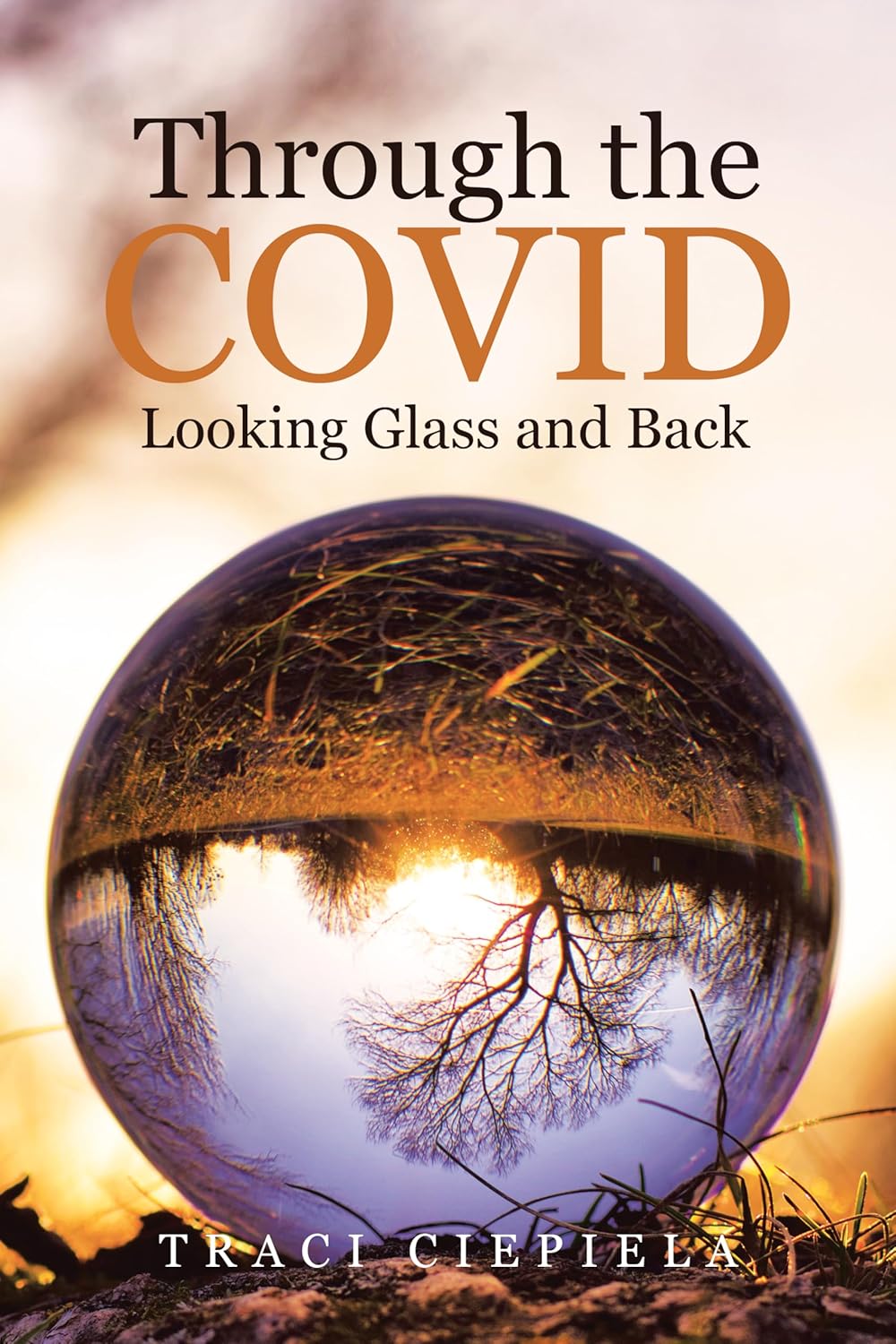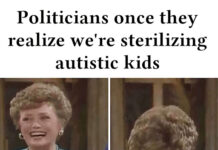Somewhere along the way, our drive for justice lost its way, and we started dividing ourselves instead of standing together. It’s time we face the truth: if we keep letting our differences split us apart, we’ll lose what made us strong in the first place. The “woke mind virus,” as some call it, is not just a passing trend; it’s a shift so deep it shakes our culture’s very core.
What started as a call for justice has transformed into something vile that seems to prey on vulnerable minds. It’s hard not to feel a heavy sadness seeing the values that once made us strong, brave, and united slowly erode with each passing day. This isn’t just some embarrassing cultural phenomenon—it’s a psychological disease unraveling the very spirit that made America a place of resilience and shared ideals.
A Cause Turned Wildfire
Originally, to be “woke” meant staying awake to the injustices that so many, for too long, ignored. It was about fighting for fairness and giving everyone a voice. But now, that drive for justice has lost its way, spreading like wildfire that devours everything indiscriminately. Imagine a single spark of a righteous cause igniting, only to grow out of control and start tearing down everything in its path. It’s not just burning away the deadwood of outdated ideas; it’s also threatening the roots of free thought and open discussion that shape our Democratic Republic.
In today’s world, social media fans these flames, reducing complex issues to quick, emotion-driven slogans and hashtags. Real conversations and core understanding are too often pushed aside in favor of the latest viral moment. We’re left with a firestorm of anger but no place for the empathy and understanding that true change demands.
Our Institutions on the Line
Our schools and universities, once champions of rigorous thought and fearless debate and a place to challenge establishment ideas, now seem to play host to this ideological blaze. Instead of teaching young minds to ask questions and think critically, many institutions are prioritizing avoiding offense over intellectual curiosity. It’s like trying to build a house on quicksand—without a foundation of intellectual courage, the whole structure is at risk of collapse.
Imagine being a student today, entering these halls with dreams of learning, of exploring new ideas, only to feel stifled, not because of a lack of intelligence or will, but because stepping out of line feels like stepping into a minefield. In an environment where questioning the narrative or asking for nuance can lead to being shut out or worse, we’re failing the very minds we should be inspiring.
Creativity Bound and Gagged
And it doesn’t just stop with academia. Now industries like media and entertainment—once the boldest playgrounds for creativity and fearless expression—tiptoe around every potential misstep. Picture a painter who’s constantly told where to color within the lines, or a comedian who has to run every punchline through endless filters. The result isn’t art; it’s bland, it’s afraid, it’s devoid of the boldness that once made us laugh, cry, and think. The “woke mind virus” doesn’t just quiet creative voices; it stifles the life of our culture, making it a shadow of its former vibrant self. It’s like a cornfield forced to grow in the shade. Where there should be tall, healthy stalks reaching for the sky, we see only stunted rows—afraid to stretch, afraid to grow.
A Divide That Cuts Deep
Perhaps the greatest tragedy is seeing the deep divisions this shift has created. America, a place that celebrated a melting pot of ideas, cultures, and perspectives, now feels more fragmented than ever. Instead of finding strength in our differences, we’re magnifying them, creating divides that push us further apart rather than bringing us together.
It’s as if we’ve forgotten that what makes us strong is not our divisions, but our shared ideals—freedom, merit, open dialogue. If we lose those to the endless cycle of outrage and identity politics, we risk tearing apart the very foundation of what makes us, us.
The Ultimate Cost
Above all, what pains me the most is the missed potential. We used to celebrate the idea that anyone, no matter their background, could succeed with hard work and determination. Now, the emphasis has shifted from what we achieve to what we demand, from earning our place to simply being handed it. This doesn’t just slow our progress; it threatens to stop us altogether. Imagine a field, once fertile and full of promise, now fenced off, its resources left to wither because we’re afraid to risk the work, afraid to let each other shine.
This isn’t about vilifying anyone who wants a fairer world—it’s about realizing that when we shut down conversations and prioritize feelings over facts, we all lose. We lose the richness of different perspectives, the strength of diverse voices, and the hope for a better tomorrow built on hard-earned ideals.
The tragedy here isn’t just that this virus has spread; it’s that this virus is costing us what makes us who we are and what makes us great. If we don’t find a way back to true dialogue, to respecting each other enough to disagree, we risk becoming a nation of echoes—afraid to speak, afraid to stand out, afraid to be free. So let’s pull our heads out of our asses, quit drawing lines that divide, and bring back the respect and open debate that made us strong. It’s time to stand up for a culture that isn’t afraid to listen, to speak, and to find common ground again.












